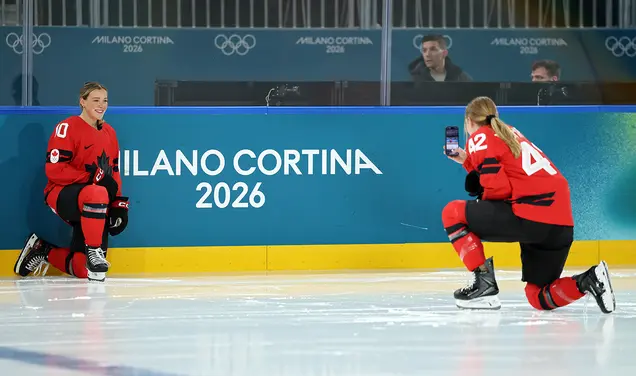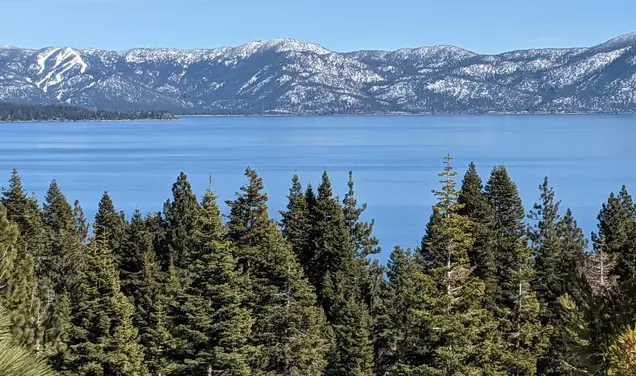The Charm of Alumni Day
This column went to press prior to the escalation of the Covid-19 crisis, which I will address in a later President’s Page. — C.L.E.
I have come to love Alumni Day, the University’s second largest annual gathering of alumni. The largest, of course, is Reunions, which draws around 26,000 people to campus. Alumni Day, which brings around 1,000 Princetonians back to Old Nassau each February, is a far more intimate event: its warmth of spirit brightens the campus each winter and gently anticipates the more raucous year-end festivities to come.
Princeton created Alumni Day in 1915 to provide graduates with a glimpse of campus life while classes were in session. We use the day to present a number of honors: the James Madison Medal, honoring a distinguished graduate alumnus; the Woodrow Wilson Award, for contributions to public service by an undergraduate alumnus; the Pyne Prize, the highest honor for an undergraduate; and the Jacobus Fellowships, recognizing outstanding graduate students.
The Madison Medalist and the Woodrow Wilson Award winner deliver lectures in Alexander Hall to start the day. As an undergraduate physics major who became a constitutional lawyer, I especially appreciated this year’s pairing. Madison Medalist and astrophysicist Kip Thorne *65 spoke about gravitational wave detection, and Woodrow Wilson Award winner and American Civil Liberties Union Executive Director Anthony Romero ’87 talked about the obligation to reckon honestly with the past and to pursue a better future through public service.
Both speeches were excellent, which is usually the case on Alumni Day. I am always amazed at how much time the honorees put into their addresses, and how thoughtful their comments are. It is yet another reminder of how much Princeton means to its alumni, and how much these awards mean to the people whose lives have been shaped by their time on this campus.
The day’s centerpiece is a banquet in Jadwin Gymnasium. The President of the Alumni Association and the Chair of the Annual Giving Campaign make remarks, and we formally present all the awards. The creative alumni engagement team has modernized the luncheon in recent years, using video boards to enliven the proceedings and keep the program moving crisply along.
There are a variety of meetings, athletic events, and other activities throughout the day. This year, we toasted the 50th anniversary of undergraduate coeducation.
My formal duties on Alumni Day conclude when I preside at the annual Service of Remembrance, an exceptionally moving ceremony that remembers and commemorates Princetonians whom we have lost over the past year.
We typically ask a member of the 25th Reunion class to deliver the Memorial Address at the Service. This year, Douglas J. Ray, SJ ’95 spoke beautifully about the rituals by which we remember one another and about the shared experiences and commitments that enable Princetonians to recognize one another across generations.
After the Memorial Address, representatives from every undergraduate and alumni class, the Graduate School, the faculty, and the staff process down the University Chapel’s central aisle carrying white carnations to honor those in our community who are no longer with us. As they reach the front of the chapel, participants in the procession place their flowers in a memorial wreath.
Watching the procession, and thinking about the friends and loved ones whom we have lost, is a profoundly poignant experience. When the procession concludes, and everyone sings “Old Nassau” at a slow and mournful pace, there are very few dry eyes in the house.
Alumni Day is among Princeton’s best-kept secrets. Public lectures and a memorial service in February do not attract crowds in quite the same way as a jubilant party in late spring! But this quieter, introspective cousin to Reunions has soulful charms all its own. It is a special day; I hope that, if you have not had an opportunity to attend already, you will find an occasion to do so in the years ahead. I expect you will be happy that you did.













No responses yet